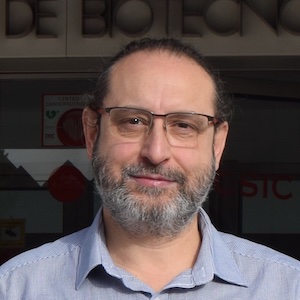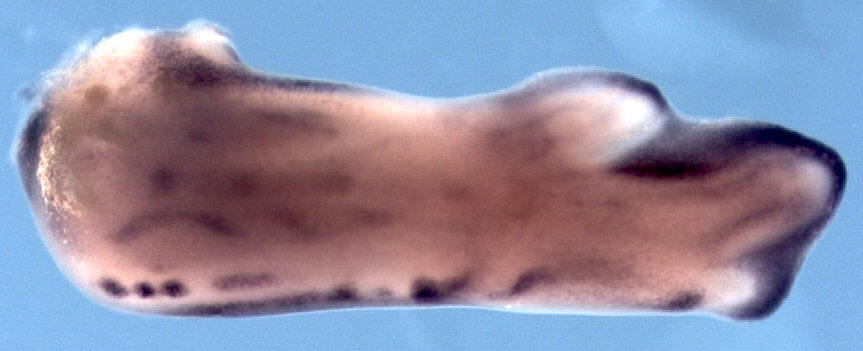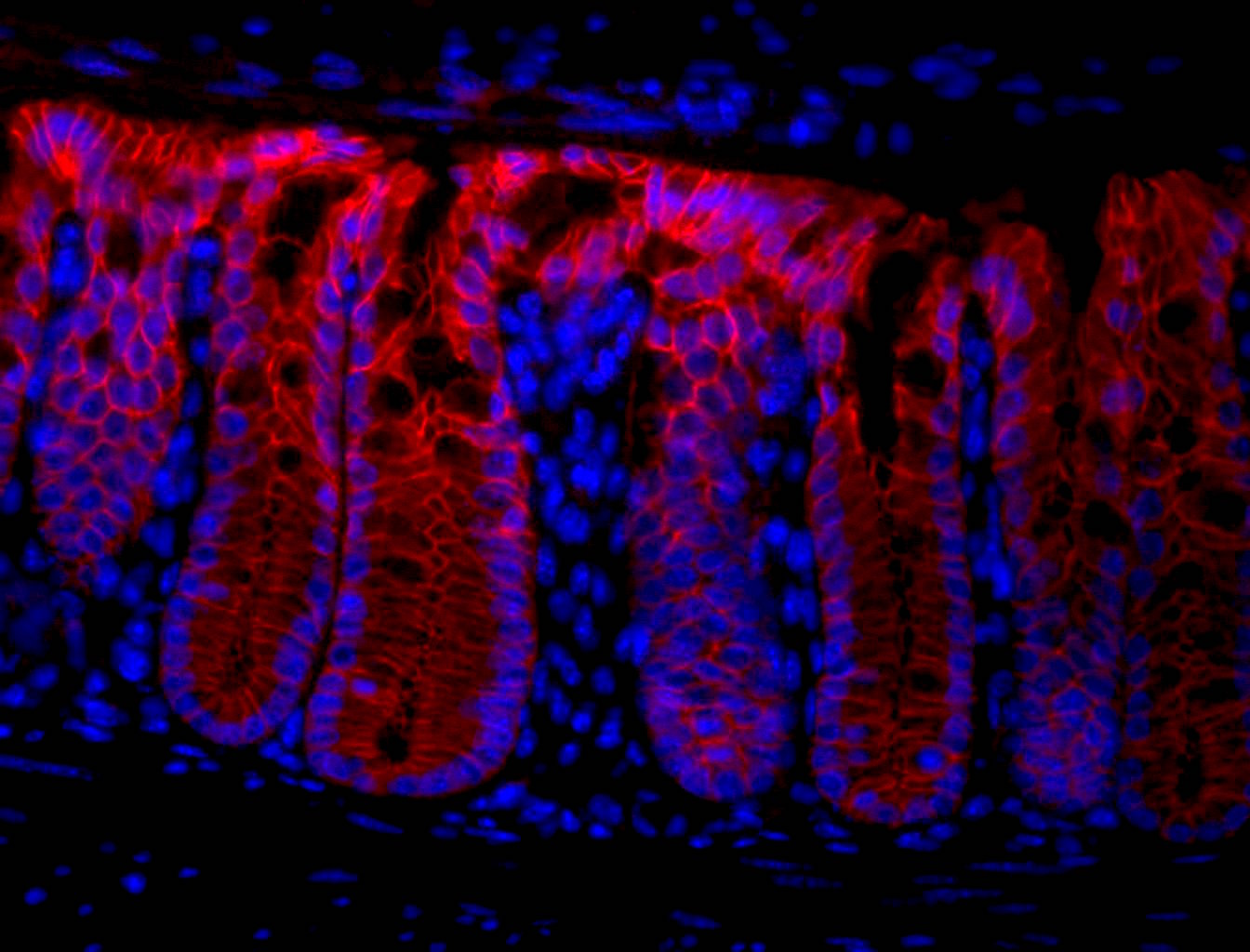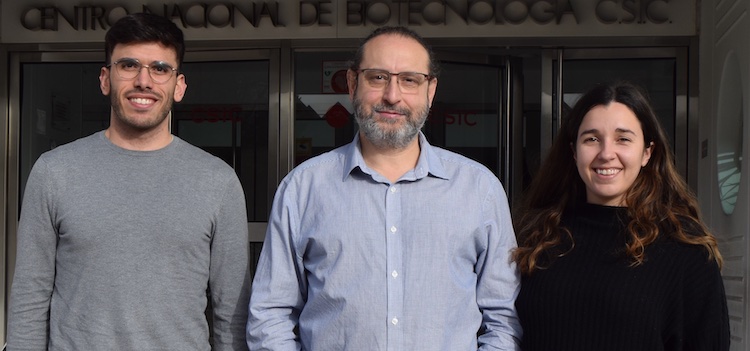Development, Differentiation and Regeneration in Vertebrates
RESEARCH GROUPS

Juan José Sanz Ezquerro
Group Leader
Contact
Research Summary
Our group is interested in understanding the molecular and cellular basis of organ formation during embryonic development. This knowledge is important for identifying the origin of congenital malformations and to understand the basis of morphological evolution. We also study the role of stress signaling pathways in adult tissue homeostasis, inflammation and cancer.
Research Lines

Our group is interested in understanding the molecular and cellular basis of organ formation during embryonic development. This knowledge is important for identifying the origin of congenital malformations and to understand the basis of morphological evolution. We use animal models (mouse and chicken embryos) to address several biological questions related to development, such as cell differentiation and organ morphogenesis. The focus of our research in embryology is the formation of limbs and heart, particularly the development of fingers. We study the special process of digit tip formation, that could be related to the regenerative potential of these structures.
We also study the role of developmental pathways in adult tissue homeostasis and disease. Signalling pathways involved in embryogenesis are also required for adult tissue function and repair. Moreover, malfunction of these pathways can lead to disease. Therefore, studying developmental genes and signals can offer new avenues for treatment of prevalent diseases such as inflammatory diseases and cancer and also to improve the regenerative ability of tissues.
In particular, we are interested in analysing the relationship between inflammation and cancer. We want to understand how uncontrolled or chronic inflammation can lead to disease, particularly in the context of inflammatory bowel disease (IBD) and colon cancer development. In collaboration with the group of Ana Cuenda (Department of Immunology and Oncology, CNB) we are studying the functions of p38MAPK signalling pathway in in the regeneration of the epithelium, the establishment and regulation of gut microbiota, the control of inflammation and in the induction of tumour formation.

Publications
Recent Publications
Shabardina V, Romero Charria P, Bercedo Saborido G, Diaz- Mora E, Cuenda A, Ruiz-Trillo I, Sanz- Ezquerro JJ. Evolutionary analysis of p38 stress-activated kinases in unicellular relatives of animals suggests an ancestral function in osmotic stress. Open Biology 2023, 13, 220314. doi: 10.1098/rsob.220314
Dalmasso G, Musy M, Niksic M, Robert-Moreno A, Badía-Careaga C, Sanz-Ezquerro JJ, Sharpe J. 4D reconstruction of murine developmental trajectories using spherical harmonics. Dev Cell. 2022, 57, 2140-2150. doi: 10.1016/j.devcel.2022.08.005.
Escós A, Martín-Gómez J, González-Romero D, et al, Cuenda A. TPL2 kinase expression is regulated by the p38γ/p38δ-dependent association of aconitase-1 with TPL2 mRNA. PNAS USA 2022;119(35):e2204752119.
Fajardo P, Taskova M, Martín-Serrano MA, et al., Cuenda A. p38γ and p38δ as biomarkers in the interplay of colon cancer and inflammatory bowel diseases. Cancer Commun (Lond) 2022; 42(9):897-901.
Fajardo P, Cuenda A, Sanz-Ezquerro JJ. A Mouse Model of Candidiasis. Methods Mol Biol. 2021, 2321, 63-74. doi: 10.1007/978-1-0716-1488-4_7
Group Members
Group Leader
Juan José Sanz Ezquerro
Postdoctoral Researcher
Pilar Fajardo Flores
PhD candidates
Daniel Mora Diego
Alberto Bigogno



